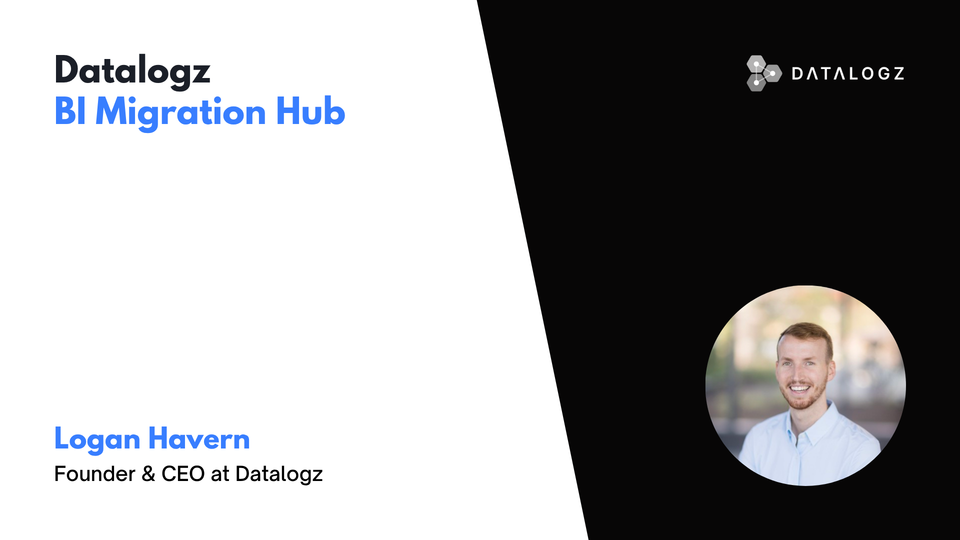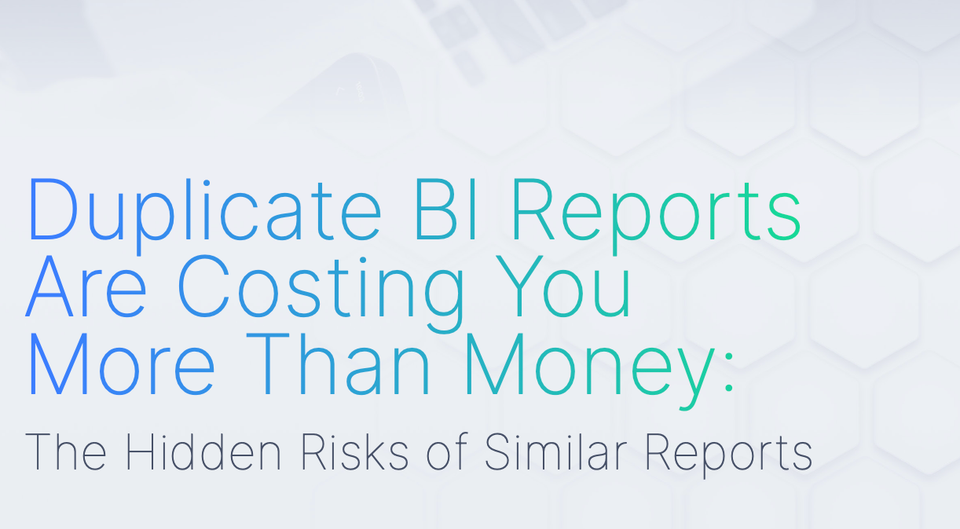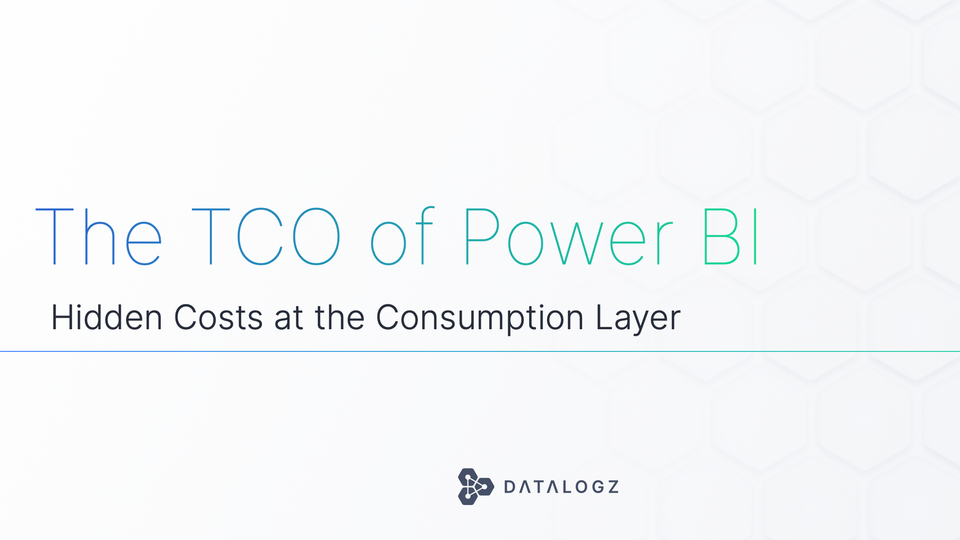Data Dive #7: Transforming BI with Natural Language Processing 🤖
Natural language processing capabilities integrated within BI tools will enable people to get insights by simply conversing with their data.

Language is a rudimentary communication tool. As a species, humans are inherently skilled at assigning language to the context of our reality. We utilize language to convey information and meaning. We accomplish this by using semantic cues, which are words, signs, or visual representations more closely related to the object or idea they are meant to depict.
For instance, people often comprehend the text they are reading. Computers can also read text, but they only see character strings, not the context of the outside world or the relationship between the text and the author's intention.
Until now, we have been communicating with computers and machines in a fashion more familiar to them than to us. However, they are now learning our forms of interaction thanks to software like Siri, Alexa, and Google Assistant.
Natural Language Processing (NLP) is the technology driving this revolution in human-computer interactions. And it has already profoundly impacted business intelligence, going far beyond merely making the user interface more accessible. We will soon be able to learn life-altering, business-transforming facts just by chatting with a chatbot.
NLP is a branch of computer science and computational linguistics that deals with the interactions between human (natural) language and the computer. It emphasizes aiding computers to comprehend semantic structures of information and their context within the data to understand its meaning correctly.
BI platforms are starting to provide a natural language interface to visualizations so that users can naturally engage with their data and ask queries as they come to mind. You might find out the weather for tomorrow using Google. But soon, you'll be able to ask your data chatbot how customers feel about your brand right now and how they'll feel about it in a week as you stroll down the street.
NLP broadens the range of what that response may be based on by enabling machines to comprehend unstructured data. Early attempts at sentiment analysis already go beyond identifying when, for instance, a tweet is about your company to evaluating the surrounding content and deciding if that tweet is favorable, negative, or neutral. Audio and video sources will also be more readily available as speech recognition technology advances.
Because using the technology doesn't require an in-depth understanding of a BI application to identify insights, natural language processing makes data analysis accessible to all levels of users, from beginners to advanced data analysts.
NLP capabilities integrated within BI tools will enable people to get insights by simply conversing with their data. As the technology further matures across the BI industry, it will diminish the barriers to analytics adoption across organizations and transform how people interact with data.




